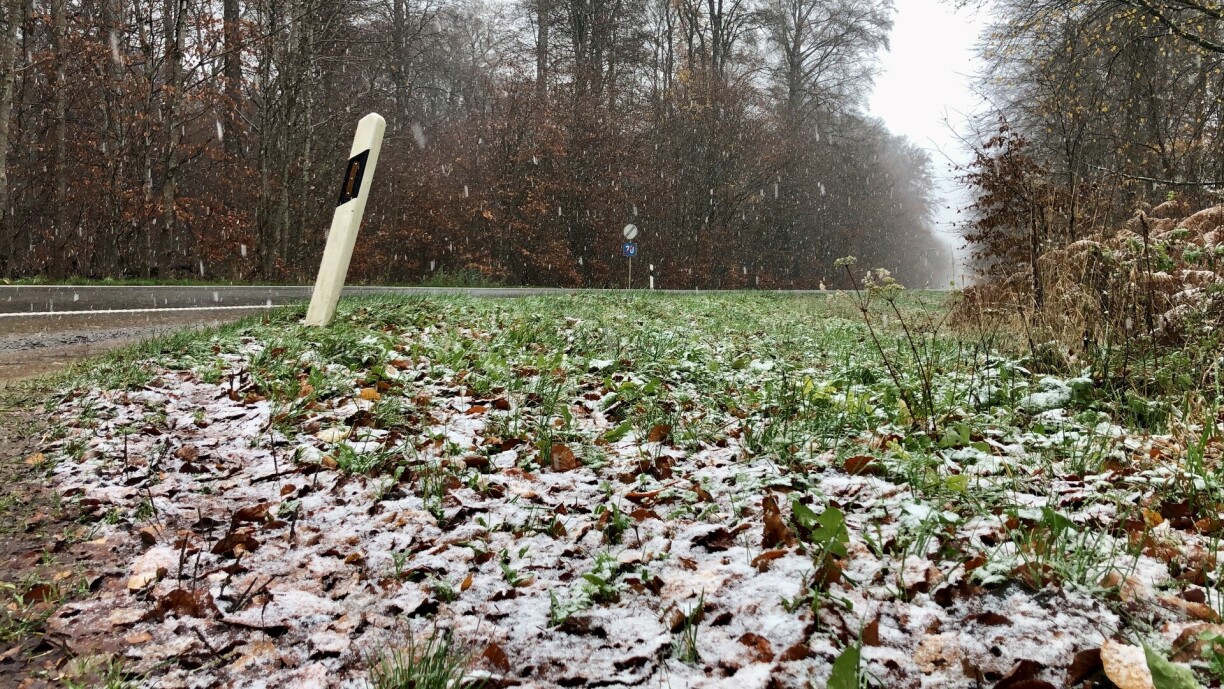
You have surely noticed that February 2023 is not like the others. It is “on the way to become the driest February ever observed in the history of our station”, observes Meteolux. On 22 February, the monthly rate of rainfall was about 97% below normal.
According to Magali Bernard, deputy head of the Water Management Administration, “February is generally a rainy month when there is a particularly high recharge of groundwater. So, we are concerned and hope that there will be effective rainfall soon, and that this will continue until April.”
Winter is indeed a crucial season for the recharging of groundwater. In winter, vegetation is dormant and water can seep deep into the ground to refill the aquifers.

Another important element is snow, notes Bernard: “Snow is very positive for groundwater recharge, because when it melts, the water runs gradually and efficiently.” This is why, conversely, intense but short rainfalls are inefficient as the water simply runs off the surface and into the watercourses.
So, the ideal scenario for our water reserves “would be moderate but repeated rainfall over several weeks”, summarises Bernard.
Read also: January 2023 considered too warm and too wet
However, the opposite is happening this year, explains Bernard: “Between November and April is the ideal period for recharging our water reserves, but the summer of 2022 was so dry, one of the driest observed in a hundred years, that we had a delay in this recharge until the end of December and the beginning of January, because it took time for the very dry soil to become saturated with water.”
Should we already be sounding the alarm like our French neighbours? Not necessarily, says Bernard: “The last four hydrological years have been relatively favourable for recharging. Our aquifers are different from those of our neighbours, they have a certain robustness that allows them to withstand drought.”
But our drinking water sources, half of which come from the Upper Sûre lake, the other half from our groundwater catchment, are not inexhaustible.
In short, we must hope that the next few weeks, but especially the next few years, will be sufficiently rainy. Otherwise, warns Bernard, “we will have problems, we will have to save water” more and more consistently and review the management of our precious blue gold in the long term.